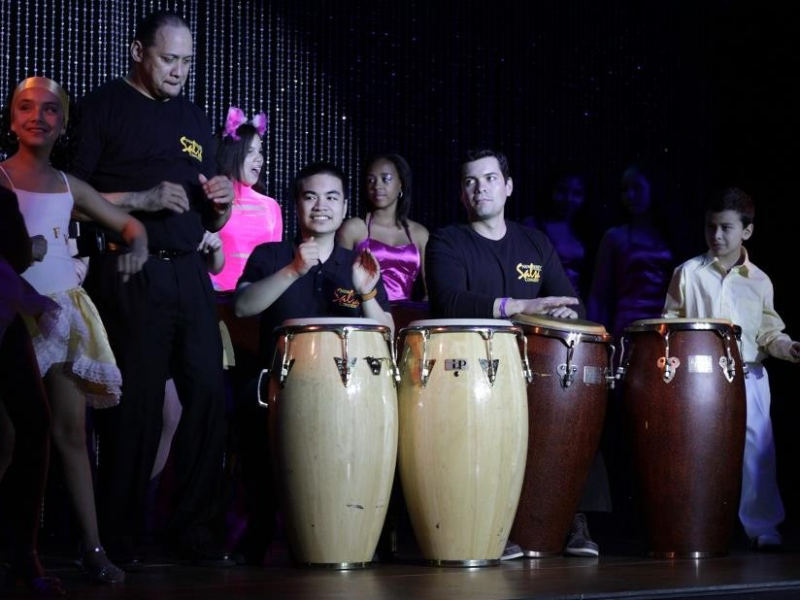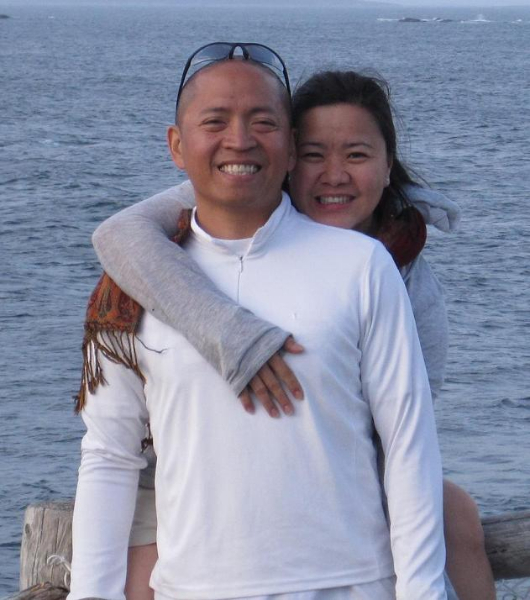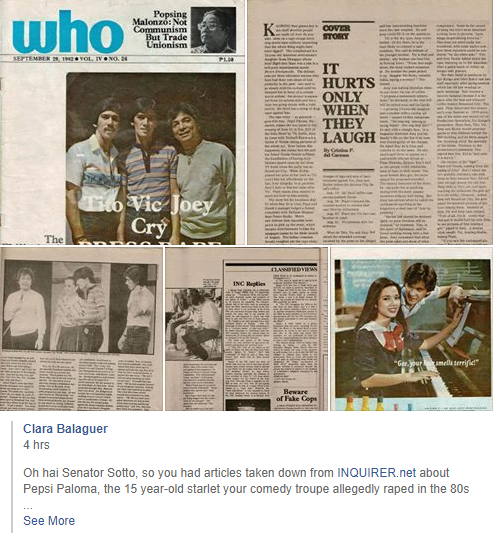Who are the superdelegates and what makes them ‘super’?
By Ludy Astraquillo Ongkeko, Ph.D.
The news reports tell it all: The Democratic campaign tightens; superdelegates hold the key.
The role of the superdelegate has been underscored, and still remains to be underscored as it has never been that significant since the 1980s, identified as the “birth of the superdelegate.”
The emergence of at least four presidents who have served has given an opportunity for the youngsters still in school on their way to absorbing more of the political process to inquire further about certain titles.
Gathering information from local Democrats, they explained that their party has two kinds of delegates: pledged and unpledged. Both categories are eligible to attend the national convention. Both are entitled to a single vote for the party’s nominee.
“Pledged delegates” are elected through the caucus or primary system based on who the presidential candidate is whom they have pledged to support. They go to the convention pledged to a particular candidate. They cannot change their minds once they get to the convention venue.
And now we have the superdelegates: They are known also as “unpledged delegates.” Their position has been described as ‘automatically so,’ by virtue of their status as elected officials. They can be a U.S. legislator, governor or a high-ranking party official such as a state chairperson or party elder. They are under no obligation to support a candidate based on the results of caucuses or primaries.
The number of delegates is set in terms of the Democratic Convention. For instance, should there be 4,049 delegates, 796 are superdelegates who account for about one in five of the total number of delegates.
What about the Republicans?
The GOP does not have superdelegates. What they have are unpledged delegates who ‘automatically’ go to the national convention.
There have been pros and cons arising on the portrayal of the superdelegates.
Some superdelegates are vocal about the degree of so-called “wheeling and dealing.” They have articulated how they dislike having to be in “smoke-filled back rooms.” They believe those involved in the decision-making process should exercise independent judgment.
As news reports from the camps of the two major parties evolve, the superdelegates appear to be free agents. They relish their ‘unbound’ position derived from any election outcome, whether or not traceable to a caucus or a primary. It is their own decision; it is totally up to them to make the crucial say on who is their choice come July.
When comparing the Republican sole contender to the presumptive Democratic presidential candidate, political commentaries have declared it is far easier for them to help decide their party’s presidential nominee because, thus far, there isn’t more than one.
The GOP leaders are still pursuing what not all of them have agreed upon. They know they must make a decision to wrest the nomination from the one candidate who has trounced all his would-be opponents.
Theirs is a trying position. Can they plan their next move without endangering their role in the national leadership landscape? How? The answer is puzzling: How does the situation spell relief?











